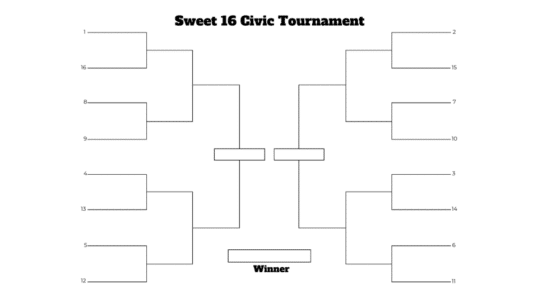No, this is not a “how to” on furniture design. It is more in the spirit of how to cross-recruit for both IF project panel discussions and citizen discussions of IF reports (though much of this would work in deliberative discussion generally).
My “bench” is that pool of individuals that I have learned to draw upon for participants and extended networking for recruitment again and again. I have observed a fair amount of frustration resulting from the “cold call” method of recruitment for each new project and each new citizen discussion. While it is worth the effort to spend some extra time to get the missing talent or perspective to round out a group, it is also extremely helpful to have a core of open-minded and alert potential participants who are “discussion-ready”.
Like a coach who needs to be aware of the talents of “utility players” and “role players” on his bench, the facilitator over time can gather potential participants who understand exploration and development under the IF process. “Seasoned” participants can prove helpful in all of our discussion efforts and make for good facilitator prospects as they grow their deliberative skills.
Here are some of the advantages I have seen from participants drawn “off the bench”:
- Those with experience in prior projects require far less coaching and prompting in exploration and development in subsequent projects.
- Those with prior experience discussing IF reports develop helpful ideas about what sorts of concepts make for rich discussion as “possibilities” and are less likely to get hung up on language issues.
- Repeated IF discussion experience seems to hone empathetic skills that are useful in developing contrasting possibilities.
- Facilitators trained to lead citizen discussions of IF reports can be very valuable panelists in projects and can deepen their understanding of IF process and potential avenues of discussion through such participation.
- Recruitment of panels with blends of prior IF exposure and experience, when combined with unique perspectives of other individuals, can lead to rich discussion that is often self-correcting and where the facilitator can focus more on developing the conceptual content of the discussion.
- Multiple exposure to IF experiences may also bring us closer to discussions that are organized and co-facilitated by the participants, lessening the need for direct IF support.
Repeated IF discussion experience may help us further develop the proposal of ongoing discussion clubs that routinely engage in citizen conversation of possibilities in areas of public concern.



